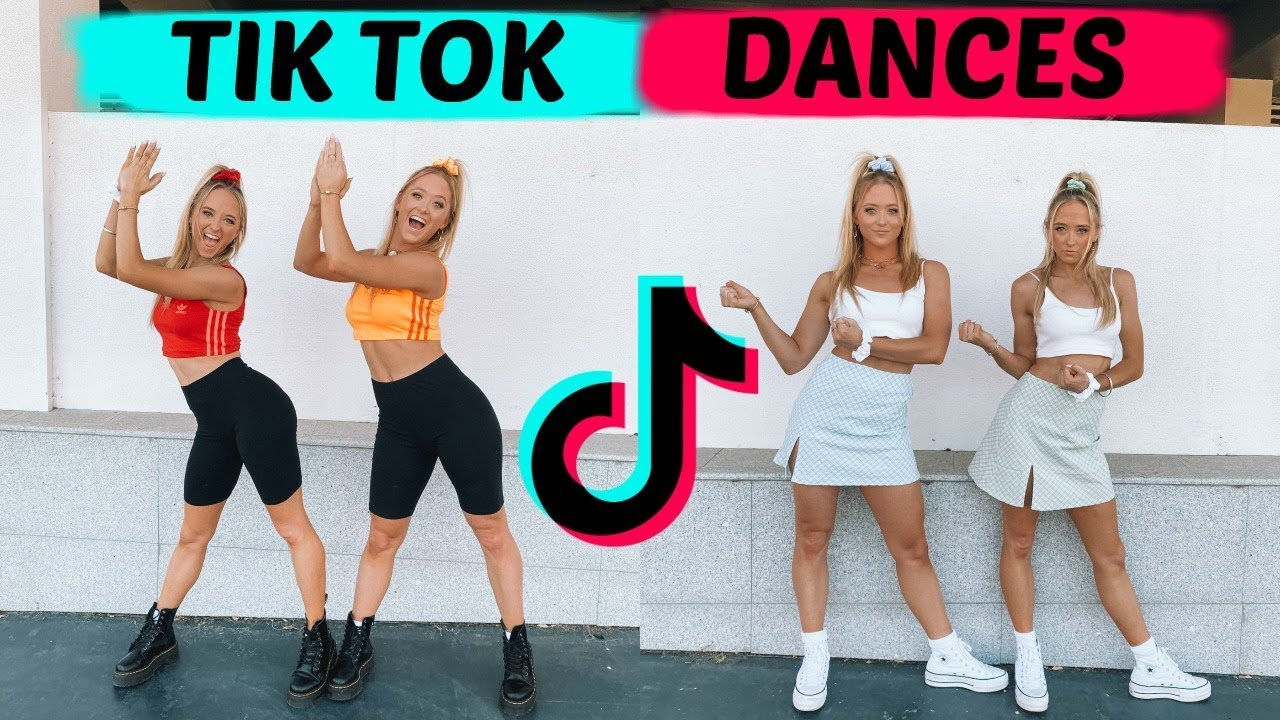I want to start this post by pointing out that I absolutely love true crime and spend hours each week consuming books, news, and documentaries about crime.
True crime has been popular for decades, but in the last 5-10 years, the genre has absolutely exploded. Even if we are not seeking out true crime stories, they tend to make their way into popular media, especially in podcasts, film, and television. My interest in true crime has mostly been focused on the mystery and exploring the motives behind certain crimes. Some true crime fans' obsession with certain cases can be harmful to victims and their loved ones, so how do we find a balance between telling tasteful and respectful true crime stories and exploitation?
One of my favorite true crime documentaries is the 2020 Netflix film called 'American Murder: The Family Next Door'. A documentary about the murder of Shanann Watts, her unborn son, and her two young daughters by her husband. The story is told almost exclusively through live footage, including police bodycam and interrogation footage. It is incredibly eerie and surreal watching and listening to the footage. After watching this, I really started to think about how to ethically consume true crime. Even though true crime is created to inform, it is ultimately meant to entertain, so I am essentially getting entertainment from someone else's tragedy.
Recently, a dramatized version of Jeffrey Dahmer's crimes was released on Netflix. The series, 'Dahmer', was extremely popular and audiences loved it, but a family member of one of his victims came out in protest against the series, stating that it was just opening back up old wounds. Others criticized the series and others like it by pointing out that it 'festishizes' and even sexualizes serial killers.
However, I also just recently watched a docuseries called 'Vatican Girl: The Disappearance of Emanuela Orlandi', a case I had never heard of before the series was released. Not only does the series cover a truly puzzling crime, but it highlights the rampant sexual abuse that was/is happening in the Catholic church. I think that this series is a great example of how true crime can not only inform and entertain, but help open up new investigations and shed light on ongoing crimes.
I have heard that many true crime fans, particularly women, consume true crime as a subconscious effort to learn more about crime and victimization in the effort of protection and safety. However, heavy consumption of this type of media also spreads fear, skews our perception, and reinforces stereotypes.
What do you think about the morality of true crime and its explosion in popularity? Is it harmful to victims and victims' loved ones? Do you think it skews our perception about the prevalence of crime? Do you think it's just a passing fad?





